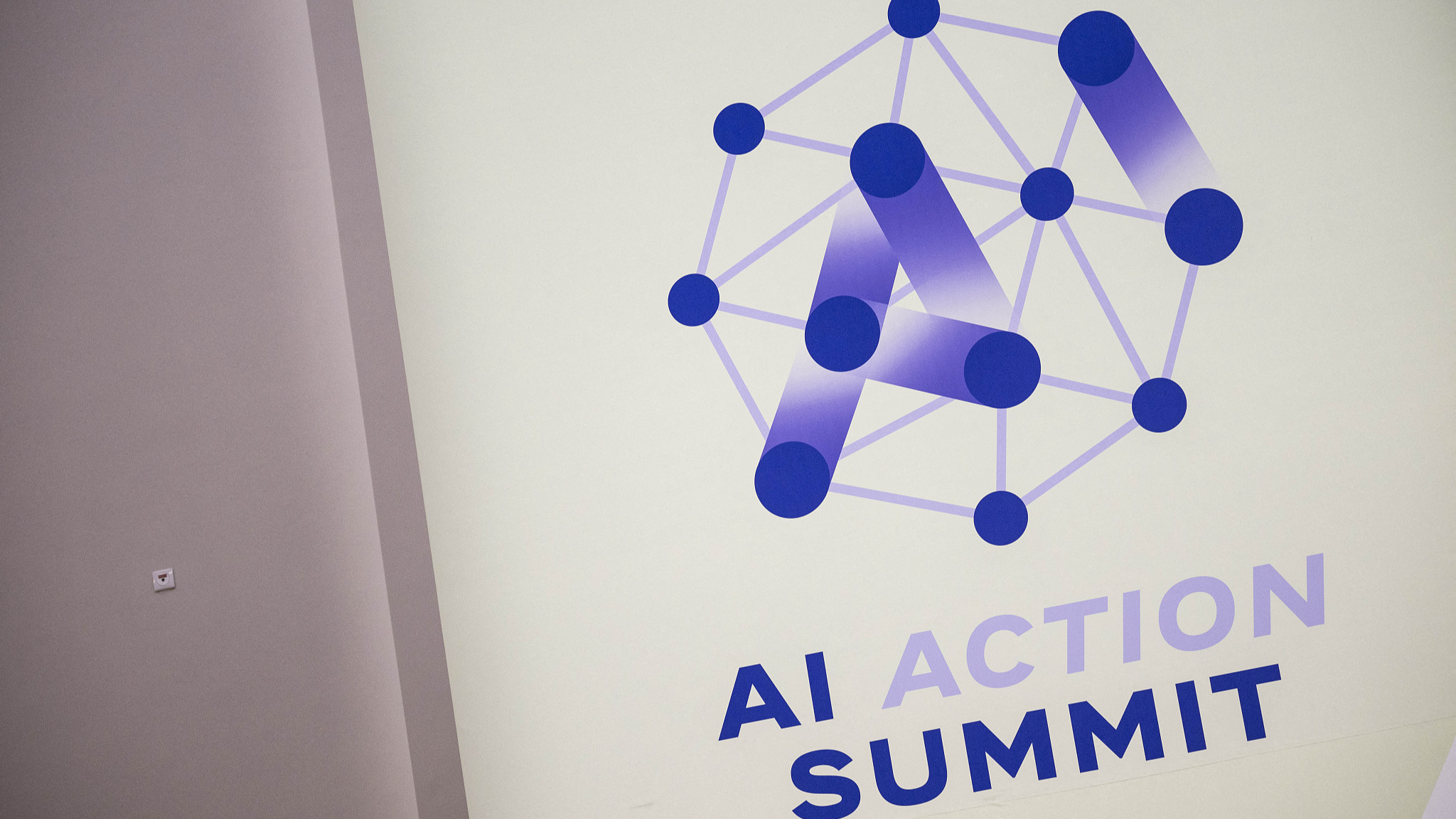
Only when countries work together can the power of AI be reined in, and if countries confront AI on their own, AI has the potential to beat humankind, former Chinese Vice Foreign Minister Fu Ying said at the Paris AI Action Summit on Monday.
Taking a hard look at the reality, Fu said few see much promise for China-U.S. AI cooperation, as geopolitical tensions continue to cast a shadow over scientific collaboration.
The past years have witnessed the consistent effort by the United States to blockade China's technological progress which has poisoned the atmosphere for cooperation, she said.
"If we were to draw a diagram of world trends of the third decade of the 21st century, we would see an exponential curve of technological innovation rising steeply. At the same time, we would also observe the downward trajectory of China-U.S. relations. Disappointingly, the two lines inevitably crossed each other. In this era of technological explosion, when humanity most needs to mobilize all wisdom and energy for cooperation, some major countries are attempting to shut down collaborative platforms," Fu said.
The phenomenon, as described by Fu, has led to two trends: one is the rapid innovation and leadership of cutting-edge U.S. tech companies and researchers in the Al-driven virtual world, and the other is China's growing leadership in the vertical deployment of Al across real-world industries. Both forces have strong momentum, with the former supported by enormous capital and the latter backed by powerful manufacturing and a vast market.
"If history is a guide, one can naturally expect that the combination of these two forces would be the best path forward for the safe and responsible application of AI technology. However, looking at the situation over the past few years, many see no such prospect. Therefore, geopolitical interference is also a concern regarding AI safety," Fu said.
She observed that China maintains a relatively calm attitude toward China-U.S. cooperation and global governance. In his phone call with then-U.S. President-elect Donald Trump, Chinese President Xi Jinping emphasized that China and the United States share extensive common interests and broad space for cooperation.
Touching on the recent discussion over whether AI should remain open-sourced, sparked in part by the Chinese AI platform DeepSeek, Fu said the Chinese startups mostly prefer open-source as it is effective in boosting transparency and allows faster evolution of technology. It aligns with the Chinese belief that AI should benefit the people.
"In comparison, the current complete opacity of some large companies' models is more concerning," she said.